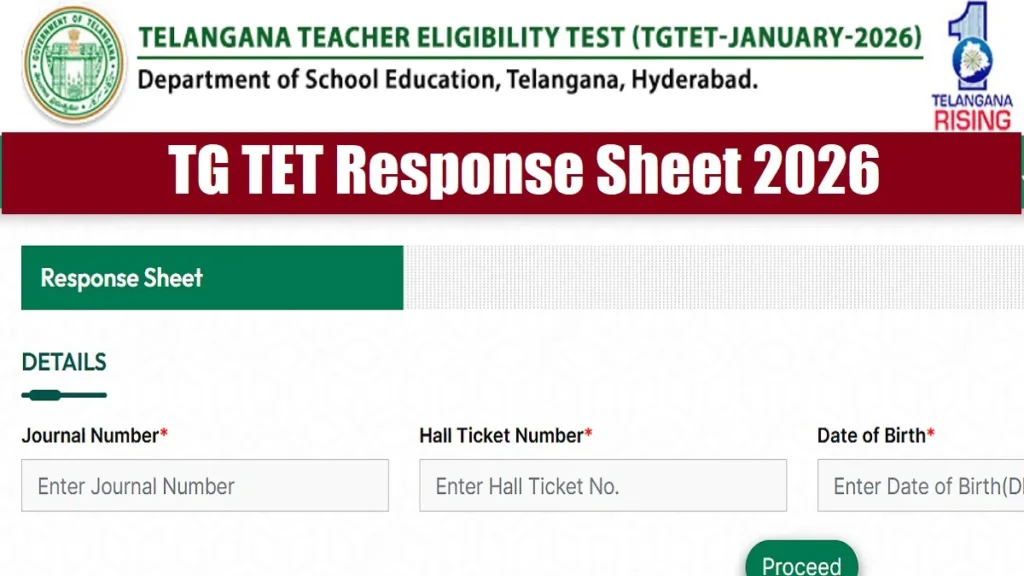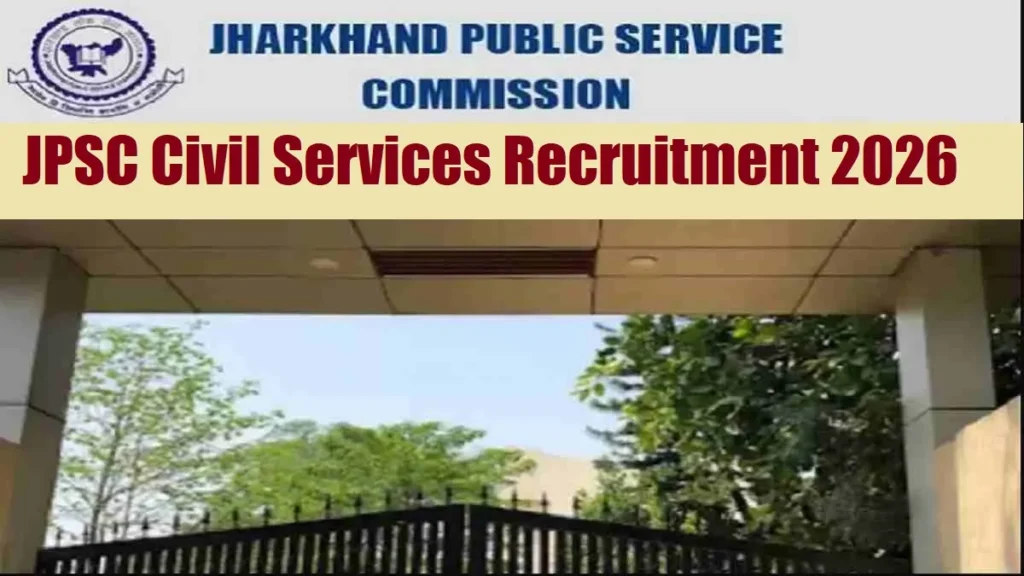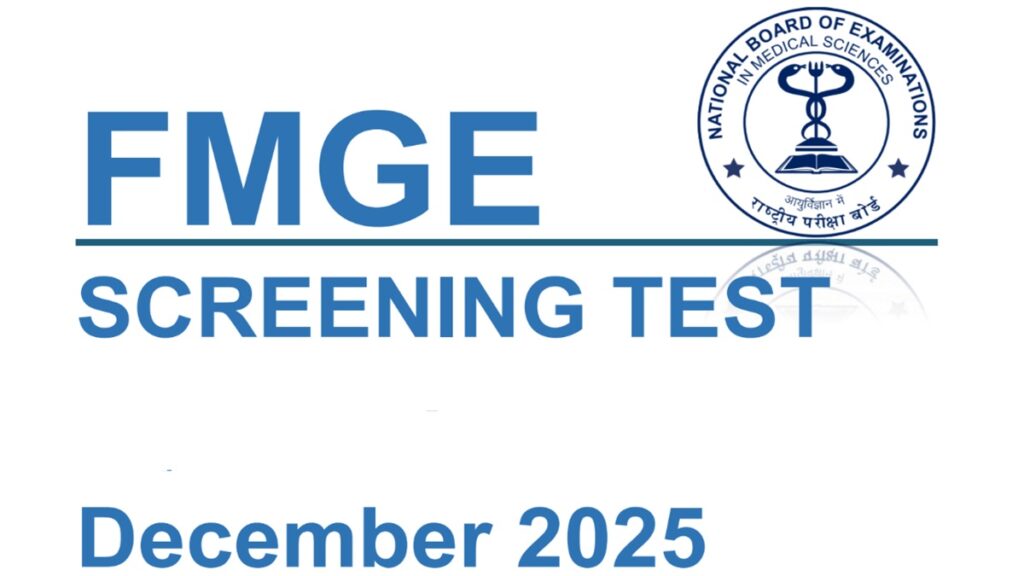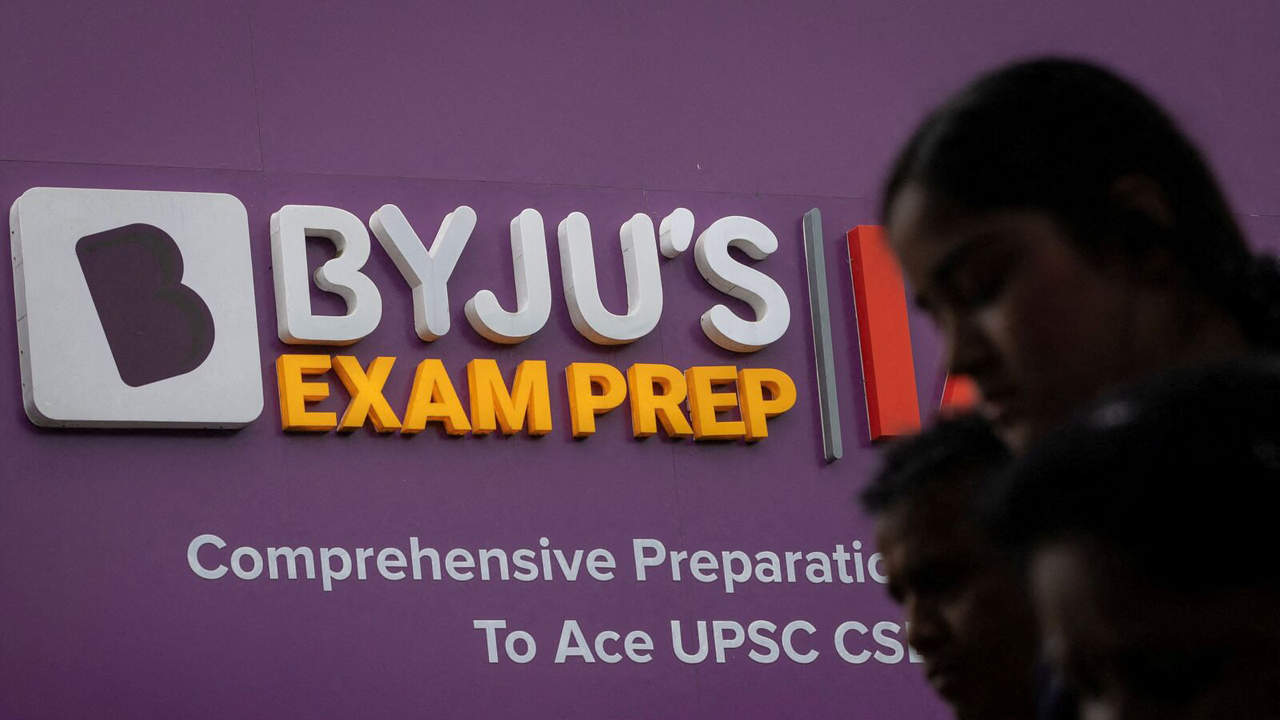Now Reading: UGC Draft Regulations Spark Controversy, Raising Concerns About Academic Freedom
-
01
UGC Draft Regulations Spark Controversy, Raising Concerns About Academic Freedom
UGC Draft Regulations Spark Controversy, Raising Concerns About Academic Freedom

The University Grants Commission (UGC) has recently released a draft of new regulations aimed at reforming higher education in India. While the stated goal is to improve standards and promote excellence, several provisions within the draft have ignited a firestorm of criticism, with many academics and experts alleging that they pose a significant threat to academic freedom.
Key Provisions and Concerns
The draft regulations encompass a wide range of issues, including the appointment of vice-chancellors, faculty recruitment and promotion, and the establishment of new universities. Here’s a closer look at some of the most contentious points:
- Vice-Chancellor Appointments: The draft proposes expanding the pool of eligible candidates for vice-chancellor positions to include individuals with experience in industry, administration, and public policy, in addition to academics. Critics argue that this could lead to the appointment of individuals with limited understanding of academic values and priorities, potentially undermining the autonomy of universities.
- Faculty Recruitment and Promotion: The regulations seek to introduce a more standardized and centralized system for faculty recruitment and promotion, with a greater emphasis on performance-based evaluations. While proponents argue this will ensure quality and transparency, critics fear it could stifle innovation and discourage dissenting voices, as academics may feel pressured to conform to certain viewpoints to secure their positions.
- Establishment of New Universities: The draft proposes stricter criteria for the establishment of new universities, including requirements for minimum land area, infrastructure, and faculty qualifications. While this could help weed out substandard institutions, concerns have been raised that it could also create barriers for smaller, more innovative institutions, particularly in underserved areas.
Assault on Academic Freedom
Critics argue that these provisions, taken together, represent a concerted effort to curtail academic freedom in India. They fear that the increased government control over appointments and evaluations could lead to political interference in academic matters, suppressing critical thinking and independent research.
Furthermore, the emphasis on standardized procedures and performance-based evaluations could stifle creativity and innovation, as academics may feel pressured to conform to established norms rather than explore new ideas and approaches. This could have a chilling effect on academic discourse and limit the diversity of perspectives within universities.
Federalism and State Autonomy
Another major concern is the potential impact of these regulations on the federal structure of India’s education system. Several state governments have expressed reservations about the draft, arguing that it encroaches on their autonomy and undermines their ability to formulate education policies that are tailored to their specific needs.
Education is a subject on the Concurrent List of the Constitution, meaning both the central and state governments have the power to legislate on it. However, critics argue that the UGC’s draft regulations give undue power to the central government, potentially undermining the role of state governments in higher education.
The Need for Dialogue and Consultation
The UGC’s draft regulations have clearly touched a nerve, sparking a heated debate about the future of higher education in India. It is crucial that the UGC and the government engage in a meaningful dialogue with academics, experts, and state governments to address the concerns raised and ensure that any reforms are implemented in a way that respects academic freedom and promotes excellence in higher education.
In conclusion, the UGC’s draft regulations have raised serious concerns about their potential impact on academic freedom, federalism, and the overall direction of higher education in India. It is imperative that these concerns are addressed through open dialogue and consultation to ensure that any reforms serve the best interests of students, faculty, and the nation as a whole.










